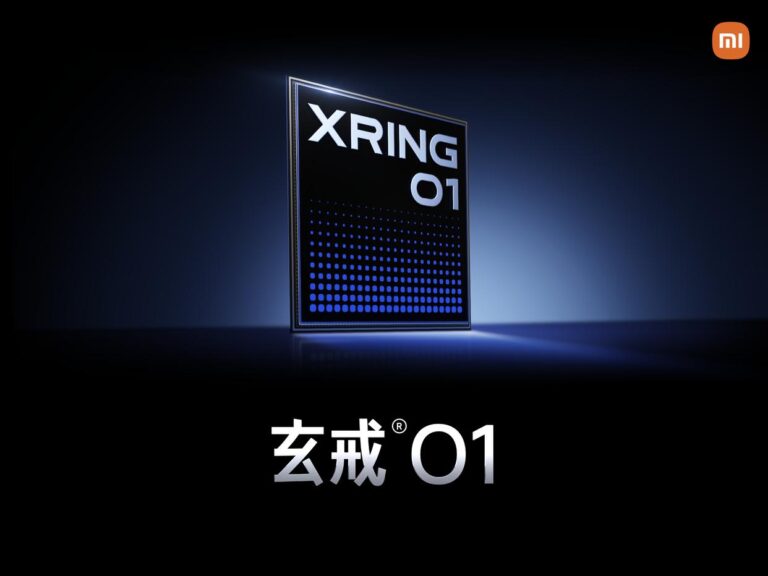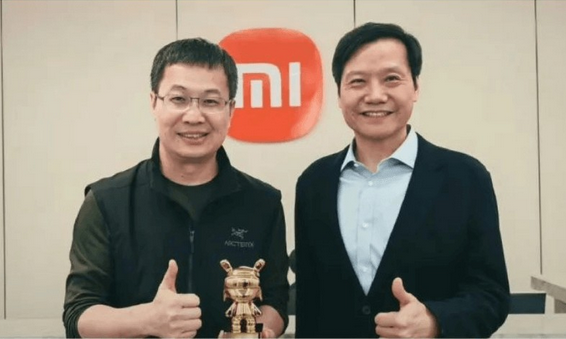From Failure to Success: Lei Jun 2022 Annual Speech Reveals Xiaomi’s Growth Secrets (Download Full Text)
Lei Jun 2022 annual speech was both a personal reflection on growth and a declaration of Xiaomi’s technological ecosystem. Through a narrative intertwining setbacks and technological innovation, it outlines the thought process of an entrepreneur adapting to the trends of the times. On August 11, 2022, on the occasion of Xiaomi’s 12th anniversary, Lei Jun delivered a nearly three-hour speech titled “Always Believe in the Beauty to Come,” sharing three low points that changed the course of his life.
Lei Jun 2022 Annual Speech: Growth Through Adversity and Innovation Leading Xiaomi’s Future
The Fall of Pangu: From Technological Idealism to User Demand Awakening
In 1995, at 26, Lei Jun faced his first major career challenge. The Kingsoft Pangu Office System, which took three years and all resources to develop, sold less than a tenth of the expected volume after launch, leading to a sharp drop in WPS revenue. The company’s account held only 100,000 yuan, barely enough for next month’s payroll.

To understand the problem, the programmer-turned-manager made a bold decision: he stood in a software store in Zhongguancun for seven days. From zero sales on day one to champion seller on day seven, he discovered users needed “beginner computer software” rather than “grand technical architectures.” This insight led to popular products like “Computer for Beginners” and more, instilling the business principle of “building what users need, not self-indulgent tech.” This experience not only saved Kingsoft but also cultivated Lei Jun’s habit of weekly store visits, laying the retail foundation for Xiaomi.
The Joyo Dilemma: Decoding Trends Amid the Internet Wave
While busy transforming Kingsoft, China’s first internet wave had quietly begun. In 1998, Lei Jun attempted to acquire the newly founded NetEase for 10 million yuan but was declined. Two months later, NetEase’s valuation soared to 500 million yuan. This missed opportunity pushed Lei Jun to personally enter e-commerce, founding Joyo.com in 2000.

Leveraging retail experience from his store visits, Joyo rapidly became China’s largest B2C platform, pioneering multi-region warehousing and four-hour delivery. However, after the 2004 internet bubble burst, foreign VC funding dried up, and Lei Jun faced over 30 financing rejections before selling Joyo to Amazon. This “fall before the dawn” taught him that entrepreneurship requires not only hard work but also timing, which later became Xiaomi’s “riding the trend” strategy.
The Mobile Internet Revolution: From Angel Investor to Xiaomi’s Launch
After Kingsoft’s IPO in 2007, Lei Jun, as an angel investor, re-examined the industry. Using a 2G phone to complete all online tasks, he keenly sensed the mobile internet would be a historic opportunity “ten times the scale of PC internet.” Investing in projects like UC Browser, he formulated the embryonic “internet thinking” — technology as the foundation, cost performance as the principle, creating “cool products.”
In 2010, Xiaomi was born over a bowl of porridge. Over twelve years, Xiaomi expanded from phones to a smart ecosystem, investing 17 billion yuan in R&D in 2022 and over 100 billion yuan in five years. The speech introduced breakthroughs like the MIX Fold2 with a 5.4mm single-side thickness, CyberOne humanoid robot with 45 emotional recognition abilities, and 3.3 billion yuan invested in autonomous driving tech, with a team exceeding 500 people aiming to be top-tier by 2024. These breakthroughs are the best testament to the “wealth accumulated in valleys.”
The Gift of Valleys: Growth Philosophy in Narratives of Setbacks
“No setbacks, no today’s me,” Lei Jun repeatedly emphasized. The user-centric mindset learned from Pangu’s failure drives Xiaomi’s “friendship with users.” The “riding the trend” strategy distilled from Joyo’s experience became the business philosophy of “standing on the wind.” The mobile internet layout verified the strategic foresight of “thinking five years ahead.”

As Xiaomi builds its ecosystem from phones to robots, the once “detours” — seven exhausting days at the store, late-night forum posts, financing difficulties — have become the company’s anti-risk genes. As Lei Jun said, “All setbacks, failures, even seemingly meaningless time, become the most precious wealth.”
The speech transcends corporate declarations, becoming the spiritual symbol of a generation of entrepreneurs. In waves of technology iteration and business change, Lei Jun’s personal narrative reveals a universal truth: true growth always arises from confronting valleys head-on, and the faith in “good things coming” is the compass through cycles.
Lei Jun 2022 Annual Speech PDF Download
The original text in the attachment is from Xiaomi’s official WeChat public account for readers to download and study.





